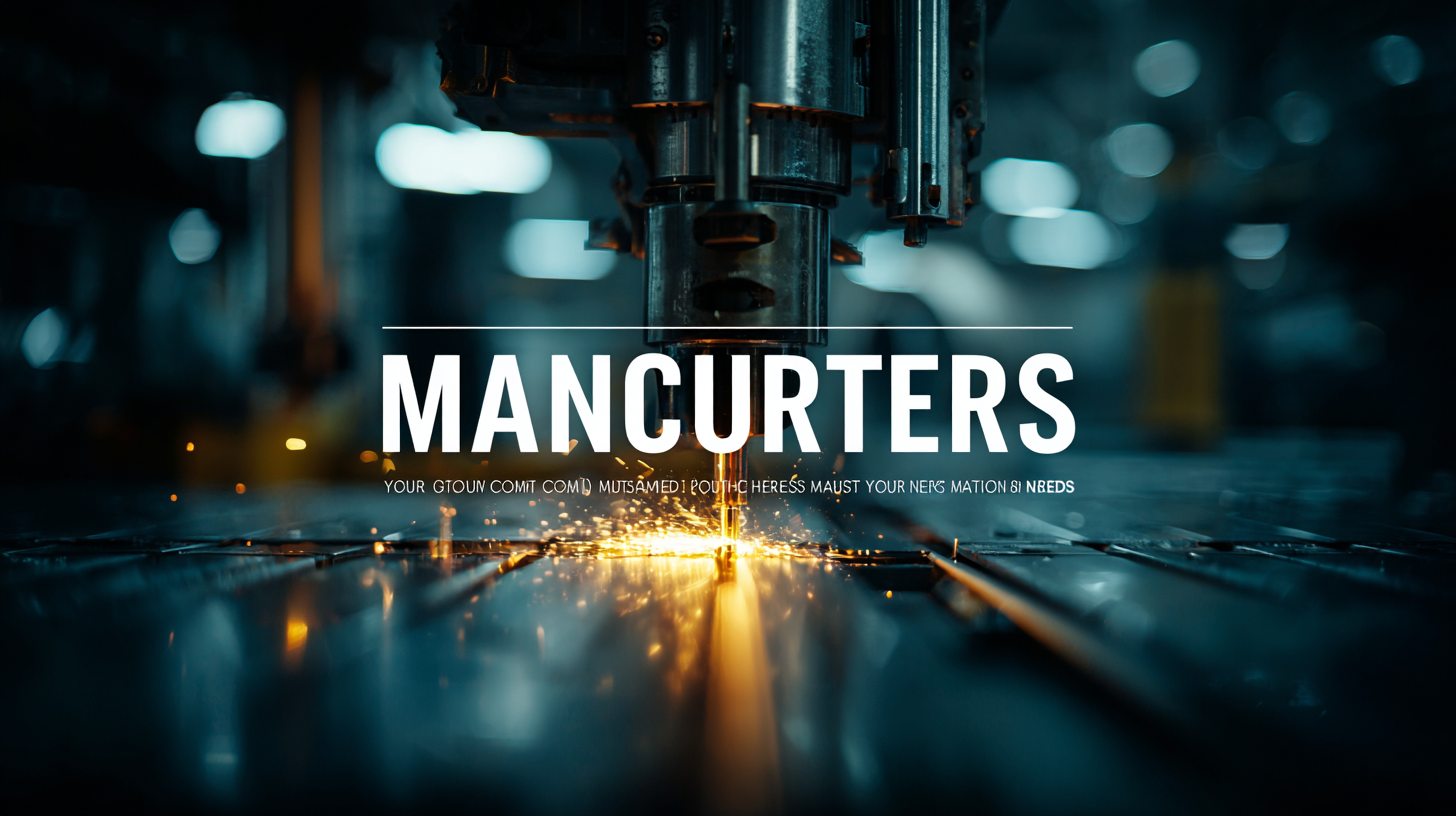 English
English-
 English
English -
 Español
Español -
 Português
Português -
 русский
русский -
 Français
Français -
 日本語
日本語 -
 Deutsch
Deutsch -
 tiếng Việt
tiếng Việt -
 Italiano
Italiano -
 Nederlands
Nederlands -
 ภาษาไทย
ภาษาไทย -
 Polski
Polski -
 한국어
한국어 -
 Svenska
Svenska -
 magyar
magyar -
 Malay
Malay -
 বাংলা ভাষার
বাংলা ভাষার -
 Dansk
Dansk -
 Suomi
Suomi -
 हिन्दी
हिन्दी -
 Pilipino
Pilipino -
 Türkçe
Türkçe -
 Gaeilge
Gaeilge -
 العربية
العربية -
 Indonesia
Indonesia -
 Norsk
Norsk -
 تمل
تمل -
 český
český -
 ελληνικά
ελληνικά -
 український
український -
 Javanese
Javanese -
 فارسی
فارسی -
 தமிழ்
தமிழ் -
 తెలుగు
తెలుగు -
 नेपाली
नेपाली -
 Burmese
Burmese -
 български
български -
 ລາວ
ລາວ -
 Latine
Latine -
 Қазақша
Қазақша -
 Euskal
Euskal -
 Azərbaycan
Azərbaycan -
 Slovenský jazyk
Slovenský jazyk -
 Македонски
Македонски -
 Lietuvos
Lietuvos -
 Eesti Keel
Eesti Keel -
 Română
Română -
 Slovenski
Slovenski -
 मराठी
मराठी -
 Srpski језик
Srpski језик
Your Comprehensive Guide to Finding the Best Manufacturers for Your Business Needs
In today's competitive business landscape, the choice of manufacturers can significantly impact a company's success. According to a report by the McKinsey Global Institute, companies that strategically select their suppliers can improve their overall productivity by up to 20%. Furthermore, a study by Deloitte highlights that 79% of companies venture into new markets as a means of diversifying their manufacturing sources, thereby enhancing their resilience against supply chain disruptions. As businesses increasingly prioritize quality, efficiency, and sustainability, the quest for the best manufacturers becomes more crucial than ever. This comprehensive guide will equip you with actionable insights to navigate the complex manufacturing landscape, helping you secure partnerships that align with your business objectives and drive growth.

Identifying Key Industry Applications for Your Products
In today's rapidly evolving industrial landscape, identifying key applications for your products is crucial for gaining a competitive edge. As illustrated by recent research from Bain, firms must leverage digital transformation to capitalize on emerging trends, particularly those driven by artificial intelligence (AI) technologies. Specific applications of AI, such as large language models (LLMs) and natural language processing (NLP), have been identified as pivotal in enhancing productivity and improving customer interactions, enabling businesses to deliver tailored solutions efficiently.
Furthermore, with China emerging as a formidable innovator in advanced industries, understanding global shifts in manufacturing capabilities can inform your sourcing decisions. The trend towards implementing circular economy strategies highlights the importance of sustainability in product development, where retaining value through innovative design becomes a competitive necessity. As noted, organizations that prioritize these strategies can enhance their market position while responding to growing consumer demand for environmentally responsible practices. By aligning your product applications with these industry insights, you can better position your business for future growth.
Evaluating Manufacturer Expertise in Specific Industries
When evaluating manufacturer expertise in specific industries, it's essential to identify their experience and credentials. Start by researching their track record within your industry. Check for certifications, awards, and partnerships that highlight their capability and reliability. Engaging with previous clients can also provide insight into their operational standards and product quality.
Tip: Focus on manufacturers who demonstrate a deep understanding of industry regulations and trends. Their ability to adapt to changes in the market or comply with new standards is crucial for your business's success.
Another important factor is the manufacturer's specialization. Some manufacturers may excel in certain areas while lacking comprehensive solutions in others. Evaluate their product range and technological expertise to ensure they can meet your specific requirements.
Tip: Consider conducting site visits or audits to assess their facilities. This allows you to inspect their production processes firsthand and evaluate their operational efficiency, ensuring that they align with your quality expectations.

Case Studies: Successful Collaborations Between Businesses and Manufacturers
In today’s competitive market, successful collaborations between businesses and manufacturers are crucial for driving innovation and enhancing productivity. A recent report by McKinsey & Company highlights that companies that effectively partner with manufacturers can see improvements in operational efficiency by up to 30%. One exemplary case study involves a tech startup that partnered with a manufacturer in Southeast Asia. By leveraging advanced manufacturing technologies and agile production processes, they reduced their product time-to-market by 45%, allowing them to capture market share rapidly in a fast-evolving landscape.
Another striking example comes from the automotive industry, where a renowned car manufacturer collaborated with a specialized parts supplier. According to a study by PwC, this partnership resulted in a 25% cost reduction for the supplier while increasing production capacity by 40%. The integration of just-in-time inventory systems facilitated smoother operations and enhanced product quality. This case illustrates how strategic partnerships can lead not only to financial savings but also foster innovation through resource sharing and joint development efforts. Such collaborations highlight the importance of selecting the right manufacturing partners to achieve mutual growth and market success.
Your Comprehensive Guide to Finding the Best Manufacturers for Your Business Needs
| Industry | Manufacturer Location | Collaboration Duration | Project Outcome | Manufacturing Capability |
|---|---|---|---|---|
| Electronics | Asia | 2 years | Increased production efficiency by 20% | High-Precision Assembly |
| Clothing | Europe | 1.5 years | Expanded market reach | Mass Production Capability |
| Automotive | North America | 3 years | Improved product quality and reliability | Advanced Robotics Integration |
| Food & Beverage | South America | 6 months | Optimized supply chain logistics | Organic Processing Capability |
| Construction | Middle East | 4 years | Completed multiple large-scale projects | Heavy Machinery Operations |
Best Practices for Selecting Manufacturers Based on Industry Applications
When selecting manufacturers tailored to your business needs, it's crucial to consider industry-specific best practices that align with your operational requirements. According to a 2022 Deloitte report, organizations that align their manufacturing partners closely with their business objectives see a 20% increase in operational efficiency. To achieve this, businesses should first conduct a thorough analysis of their production needs, including product specifications, production volumes, and potential challenges. This approach ensures that the selected manufacturer possesses the technical capabilities and experience necessary to deliver high-quality products on time.
Additionally, assessing a manufacturer’s reputation within your industry can significantly impact your decision-making process. A survey by the National Association of Manufacturers (NAM) indicated that 75% of businesses prioritize supplier reliability and past performance when selecting partners. Engaging in case studies and seeking client testimonials can provide insight into a manufacturer’s ability to meet varied demands. It’s advisable to review certifications and compliance with relevant industry standards, as these factors often correlate with a manufacturer’s quality assurance practices. By following these best practices, businesses can effectively narrow down their options and form partnerships that enhance their overall productivity and competitiveness in the market.
Your Comprehensive Guide to Finding the Best Manufacturers for Your Business Needs
Leveraging Consumer Feedback for Improved Product Development in Your Niche
In today's competitive market, leveraging consumer feedback is essential for enhancing product development within your niche. Understanding your customers' needs and preferences allows manufacturers to tailor their offerings and innovate effectively. By actively soliciting reviews, surveys, and direct communication, businesses can gather invaluable insights into what works and what doesn’t in their existing product lines. This iterative feedback loop not only aids in refining existing products but also inspires the creation of new items that directly address consumer demands.
Moreover, consumer feedback serves as a litmus test for manufacturers, enabling them to identify trends and shifts in market preferences promptly. This proactive approach not only helps in mitigating potential issues before they escalate but also fortifies customer loyalty. When consumers see their opinions valued and reflected in product offerings, they are more likely to engage with the brand long-term. Consequently, tapping into this resource can position manufacturers as leaders in their niche, fostering innovation and driving success in their product development strategies.


